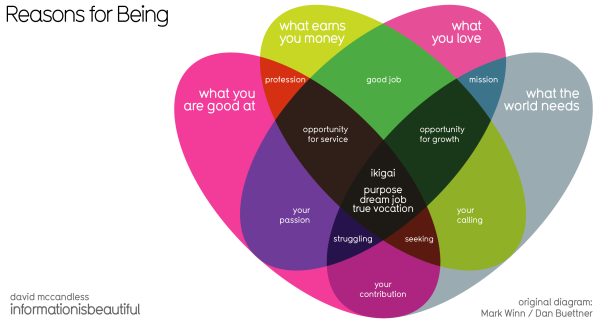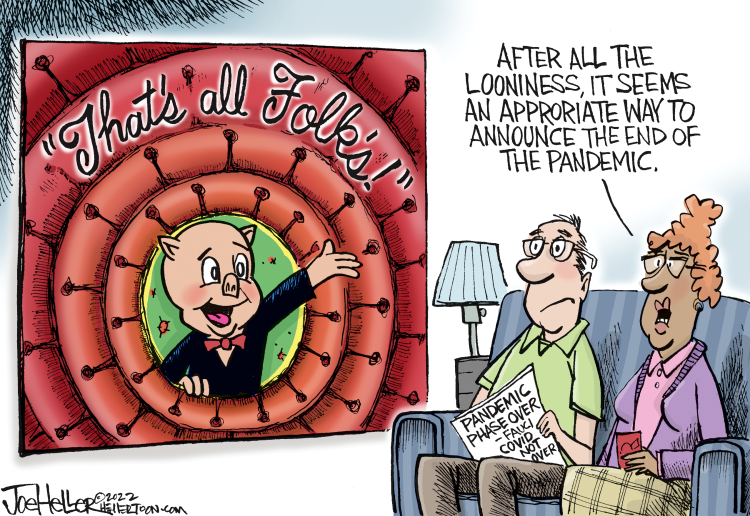What happens doesn't matter nearly as much as what you make it mean … and what you choose to do.
For example, Dallas has been 100+ degrees almost all summer, and nothing stops. You'll see people running outside, dogs walking, sports being played. My son plays 8+ hour rugby tournaments in that heat, and no one bats an eye.
Growing up in New England, we were woefully underprepared for that heat. The world would stop. On the other hand, 8 inches of snow was nothing, but a little bit of ice … and Texas shuts down.
Snow isn't 'good' or 'bad' … and neither was the change of plans.
Fund managers recognize the importance of sensibly diversifying risks and opportunities.
Be that as it may, as Mother Jones reported in the wake of the 2009 financial crisis, the nation's ten largest financial institutions held 54% of our total financial assets (compared to the 20% they held in 1990). Meanwhile, the number of banks has dropped from almost 15,000 to barely 4,000.

via Statista
Many people are shocked by a chart like this. It must be 'bad' to have so much controlled by so few, right?
But it isn't hard to find a version of this story playing out in other industries: Print Media, Music, Broadcast Channels, and Consumer Products … this type of consolidation happens for a reason.
A firm that marshals more resources gains a competitive advantage and has more ways to win.
They benefit from economies of scale, transactional leverage, better distribution and partners, and more ways to diversify risks. In addition, if they work to communicate, collaborate, and coordinate their actions (and data), they can unlock opportunities that others don't have (or can't see).
Here is a Chart Showing Some of the 'Winners' at that Game.
The following chart highlights our "Illusion of Choice." A surprisingly significant portion of what you buy comes from one of these ten mega-companies (Kraft, Coca-Cola, PepsiCo, Kellogg's, Nestlé, Proctor & Gamble, Mars, Johnson & Johnson, General Mills, and Unilever).
It's amazing to see what these giants own or influence. Click the picture to see a bigger version.
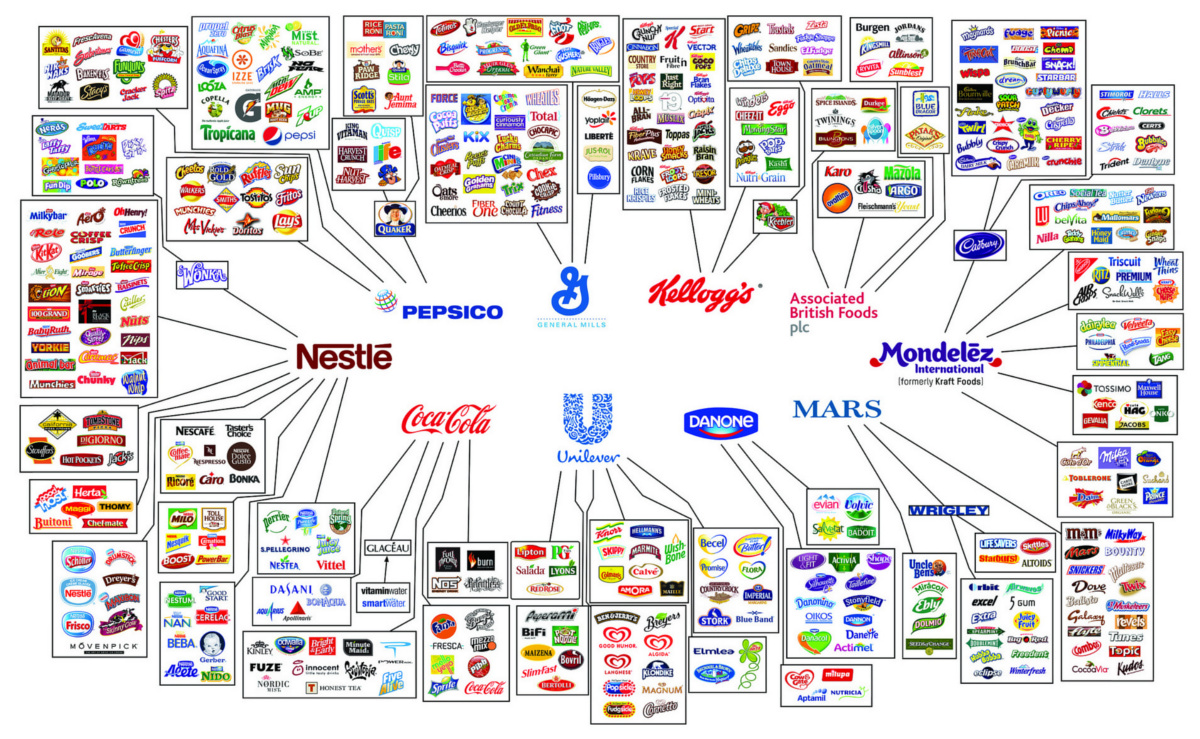
via visualcapitalist
Here is a more specific example. You probably think you are familiar with Nestlé. It is famous for chocolate. But did you realize it was an almost $300 billion corporation … and the biggest food company in the world? Nestlé owns nearly 8,000 different brands worldwide and takes a stake in (or is partnered with) many others. This network includes shampoo company L'Oreal, baby food giant Gerber, clothing brand Diesel, and pet food makers Purina and Friskies.
Kind of cool? Mostly terrifying…



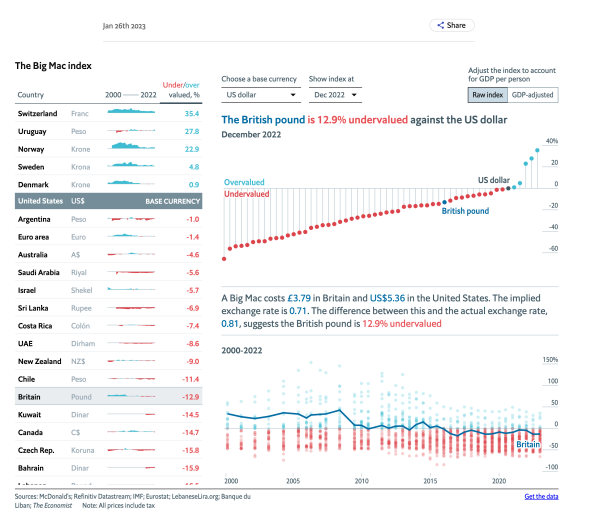
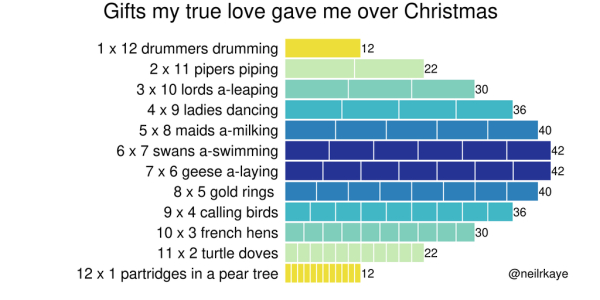
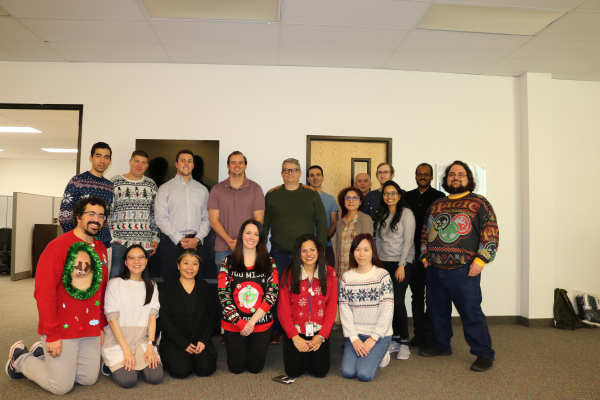
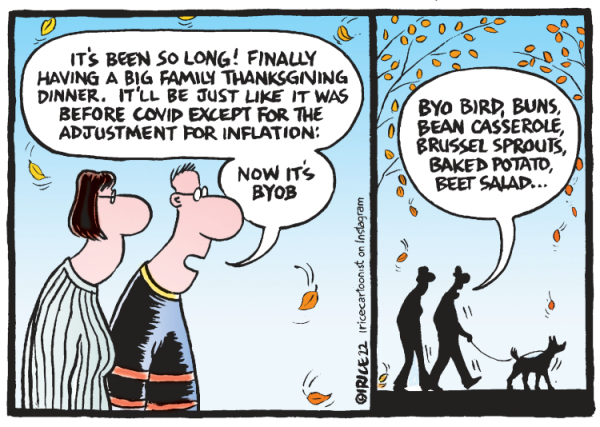
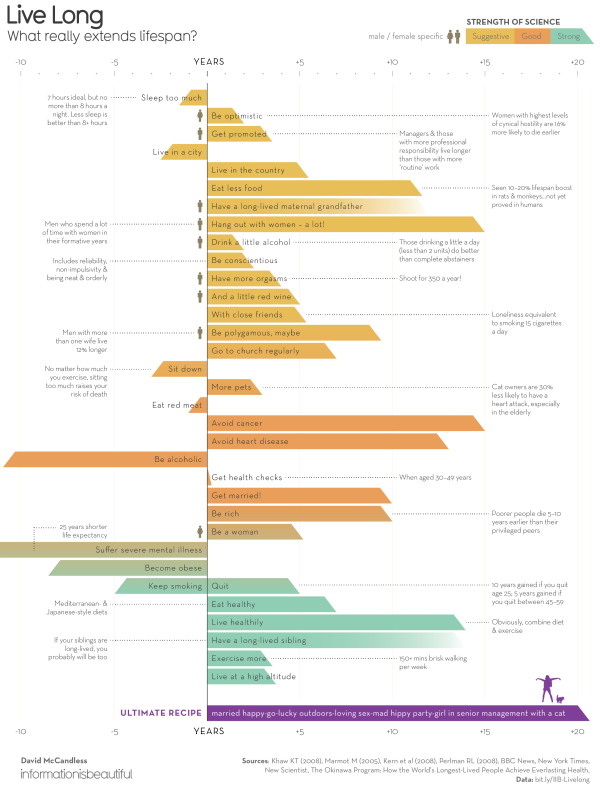
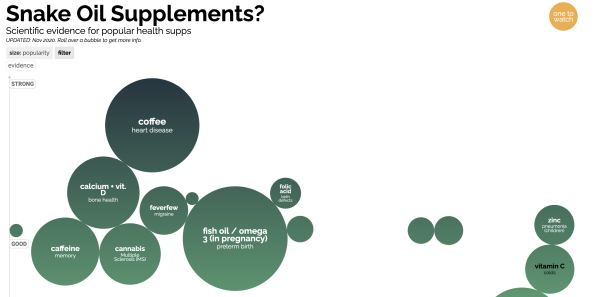 via
via 